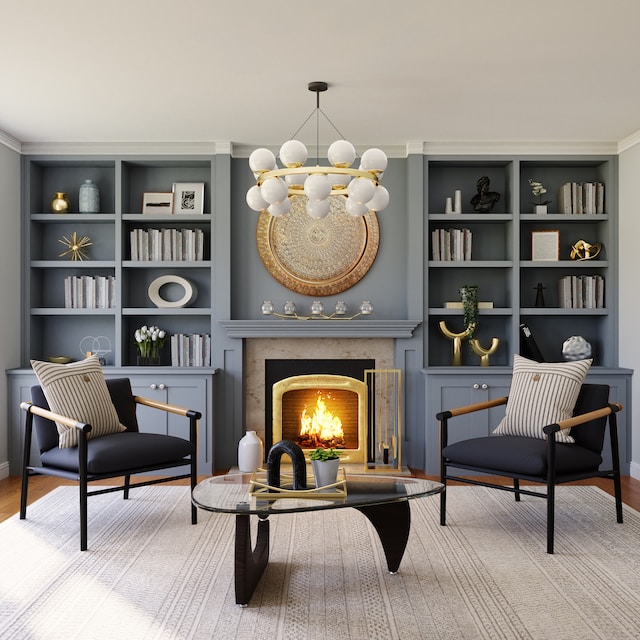Fireplaces are a common feature in many homes, but they can be a source of frustration for some homeowners. The decision to block up a fireplace can be a difficult one, and it is important to consider both the pros and cons of taking this step. In this article, we’ll take a look at the advantages and disadvantages of blocking up a fireplace.
Pro #1: Energy Savings
One of the most significant advantages of blocking up a fireplace is the potential for energy savings. Fireplaces can be a major source of heat loss during the colder months, even when they are not in use. By blocking up the fireplace, you can reduce the amount of heat loss and improve your home’s energy efficiency. This can lead to lower energy bills and a more comfortable living space overall.
Con #1: Decreased Home Value
Blocking up a fireplace can also hurt the value of your home. Fireplaces are a sought-after feature in many homes, and removing or block up a fireplace may make your home less attractive to potential buyers in the future. It is important to consider this decision’s impact on your home’s long-term resale value.
You don’t need to remove the fireplace altogether. Instead, replace an open fireplace with a smart gas fireplace like those from Stonewoods.
Pro #2: Improved Indoor Air Quality
Another benefit of blocking up a fireplace is the potential for improved indoor air quality. Fireplaces can release smoke, soot, and other harmful particles into the air, which can be a respiratory hazard for some individuals.
Con #2: Disruption of Aesthetics
Fireplaces can be a significant aesthetic feature in many homes, and blocking up a fireplace can disrupt your living space’s overall design and feel.
Pro #3: Reduced Fire Risk
The reduced fire risk is one of the most compelling reasons to block up a fireplace. Fireplaces can be a source of dangerous flames and sparks, putting your home and family at risk.
Con #3: Loss of Functionality
Blocking up a fireplace also means losing the functionality of this feature. Fireplaces can add warmth and ambience to a room, and blocking up a fireplace eliminates the ability to use this feature in the future.
Pro #4: Increased Living Space
Blocking up a fireplace can also lead to increased living space in your home. Fireplaces can take up valuable square footage, and blocking up the fireplace can open up more room in your living space. This can be especially beneficial in smaller homes where space is at a premium.
Con #4: Potential Structural Damage
Blocking up a fireplace can also potentially cause structural damage to your home. If the fireplace is not properly sealed and insulated, moisture can accumulate and cause damage to surrounding walls and flooring. It is important to work with a professional to ensure that the fireplace is properly blocked up and sealed to prevent any potential damage.
In conclusion, the decision to block up a fireplace is a complex one that requires careful consideration of both the pros and cons of this step.


























